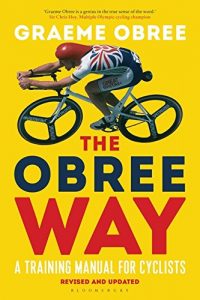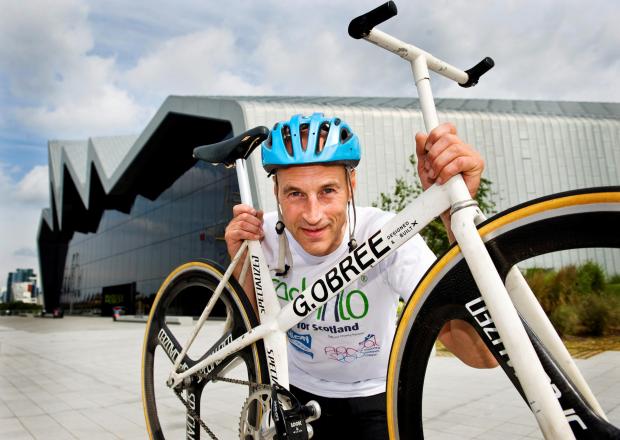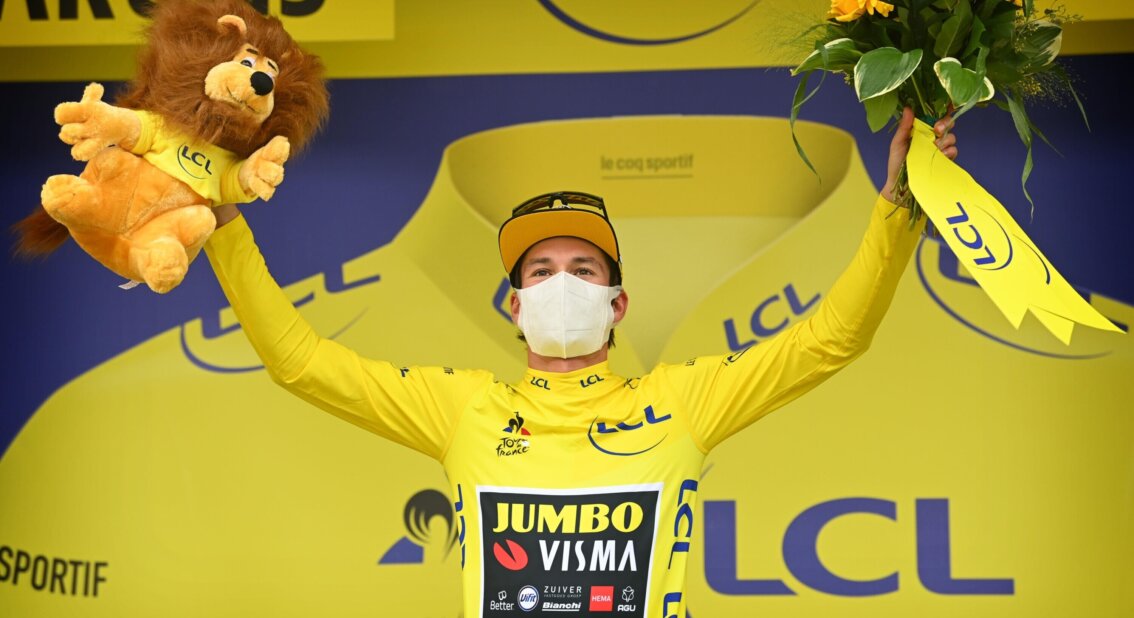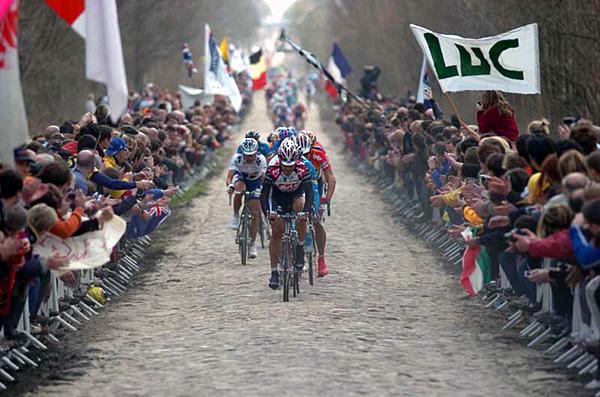 There is a brilliant moment in Graeme Obree’s ‘training manual for cyclists’ where he discusses whether sex will lead to a lack of focus or energy for a race. The two times world hour record holder notes that a heart-rate monitor will show that sex ‘really only equates to a light warm-up… it makes no difference, as long as it doesn’t make you late for the start.”
There is a brilliant moment in Graeme Obree’s ‘training manual for cyclists’ where he discusses whether sex will lead to a lack of focus or energy for a race. The two times world hour record holder notes that a heart-rate monitor will show that sex ‘really only equates to a light warm-up… it makes no difference, as long as it doesn’t make you late for the start.”
Good to know – but what it really suggests is that Obree has in his time halted a coital preamble in order to strap on his heart-rate monitor and record the results for posterity. Judging by the rest of The Obree Way, fully revised and updated for 2018, you wouldn’t put it past him. The Obree Way is to obsess over every single detail of performance, from breathing to pedalling, stretching to eating, training to racing, until he can find – and pass on – best practice.
The criticisms of this book when it was first published five years ago mainly focused on its slapdash editing – now resolved – and the underlying subtext that it was only for the most committed of amateur cyclists hoping to make a next big step in cycling. Obree is, still, completely unapologetic about that: in the chapter on the physical and emotional pain of the turbo session, he explains how to ‘stretch’ the limits of ability by 1km/hr. But it’s hard work. There are no short cuts.
“If it is the case that you just don’t want to endure this constant stretching process,” he says, “then this could be the ideal point in time to consider reducing your expense and commitment and perhaps moving to a more leisure-centred approach. You could even make more time for other hobbies, or family and friends.” Ouch.
Obree, of course, was famously single-minded in his quest for the world hour record on ‘Old Faithful,’ the bike he built himself using all the ideas he’d been collating over the years. So though it may be depressing to learn that for Obree, enjoyable club runs with friends will not improve your cycling ability anywhere near as much as locking yourself away in a cold garage with a turbo trainer, this is another sacrifice necessary for better performance.
Yet for all this hard theory – and it genuinely is a training manual (although not one with weekly ride plans, it’s more conversational than that) – a picture gradually builds of Obree himself. Of a man who spent years working out a breathing technique that would produce the maximum intake of oxygen, and only passed it on to three other people before the first publication of this book. A man who psychologically tricked himself that he was truly willing to die in the quest of his inner goal of the hour record to release ‘fight or flight’ energy. A record-breaking speed merchant who would allow himself to be overtaken on the road by rank amateurs on mountain bikes because he was on an important recovery ride, and wouldn’t permit his heart rate to go above 100bpm.
In the end The Obree Way isn’t actually that demanding or prescriptive – Obree does understand that not everybody can dedicate themselves to the sport in the way he did and still does. The book offers up “the totality of my own ways, no more and no less… I hope the advice can make a difference to readers in some small way.”
As the new chapter says, ‘do it ‘cos you love it’. It’s possibly a contradiction to that which has come before. But in the end, this attitude is why this maverick genius happy to operate outside the mainstream still loves riding a bicycle.
The Obree Way by Graeme Obree (Bloomsbury) is out now
[amazon asin=978-1472947116&template=add to cart]


